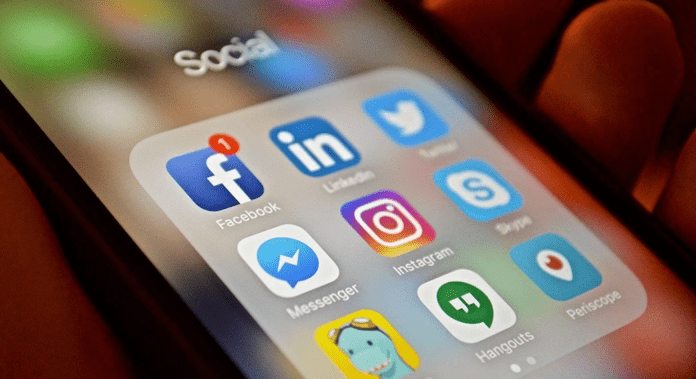Africa experienced a record number of internet shutdowns in 2024, with more governments restricting access to online platforms than at any other time in the past decade.
According to a report by internet rights group Access Now and #KeepItOn, a coalition of civil society organizations, there were 21 shutdowns across 15 African countries, surpassing the previous record of 19 shutdowns in 2020 and 2021.
The report highlighted that authorities in Comoros, Guinea-Bissau, and Mauritius joined repeat offenders such as Burundi, Ethiopia, Equatorial Guinea, and Kenya. Other affected countries included Guinea, Nigeria, Senegal, and Tanzania. The study also noted that beyond government-led shutdowns, militias and other non-state actors played a role in restricting digital access.
Felicia Anthonio, the #KeepItOn campaign manager at Access Now, criticized telecommunication and internet service providers for complying with government directives to suspend services. She pointed out that under the United Nations’ guiding principles on business and human rights, such actions contribute to the violation of fundamental freedoms.
The report found that most internet restrictions were imposed in response to conflicts, protests, and political instability. Some governments also enforced digital blackouts during elections to control the flow of information.
The trend was reflected globally, with internet shutdowns increasing in both frequency and geographic spread. The report recorded 296 shutdowns in 54 countries in 2024, up from 283 shutdowns across 39 countries the previous year.
Access Now noted that the figures were the highest since it began tracking digital restrictions in 2016, describing the situation as a growing threat to internet freedom.
“A world where internet access is consistently weaponized, restricted, and precarious is a world where fundamental rights are at risk,” the report stated.
The organization further revealed that since 2016, at least 1,754 internet shutdowns had been recorded, cutting off millions of people during periods of political unrest, violence, and war.
By the end of 2024, at least five African countries had internet shutdowns lasting over a year. As of early 2025, social media giant Meta remained restricted in Uganda, despite discussions between authorities and company representatives.
In Equatorial Guinea’s Annobón Island, internet and mobile services have been cut off since August 2024 following protests over environmental concerns and the region’s isolation from the rest of the country.
The rising number of shutdowns prompted the African Commission on Human and Peoples’ Rights (ACHPR) to adopt a resolution in March 2024 aimed at reversing the trend. However, Access Now noted that internet restrictions continued to increase despite the resolution.
“It’s unfortunate that election-related shutdowns remained prevalent in Africa and other parts of the world in 2024, despite the adoption of the ACHPR resolution,” Anthonio remarked.
Nevertheless, she acknowledged that the resolution had strengthened advocacy efforts by civil society groups.
“It is difficult to determine whether the resolution is already yielding results, but we have seen some positive developments. Authorities in countries like Mauritius and South Sudan reversed shutdown orders in early 2025,” she added.
The report called for continued pressure on governments to uphold digital rights and ensure internet access remains uninterrupted, particularly during critical periods such as elections and public demonstrations.







